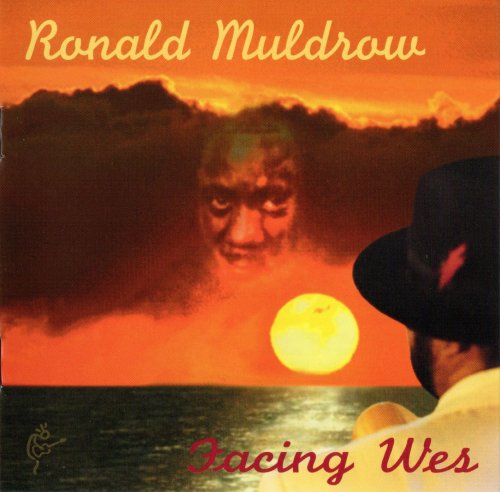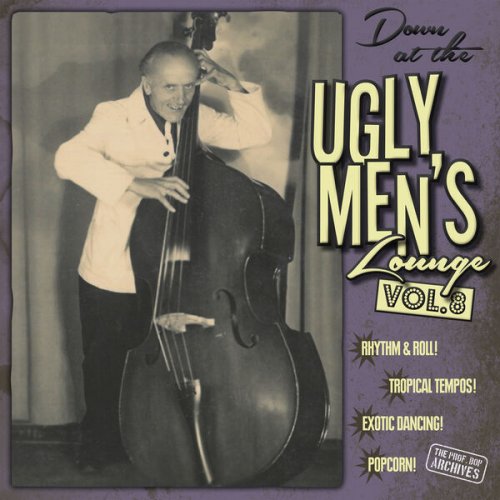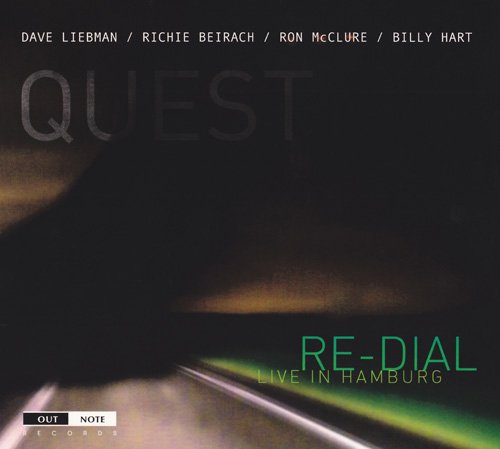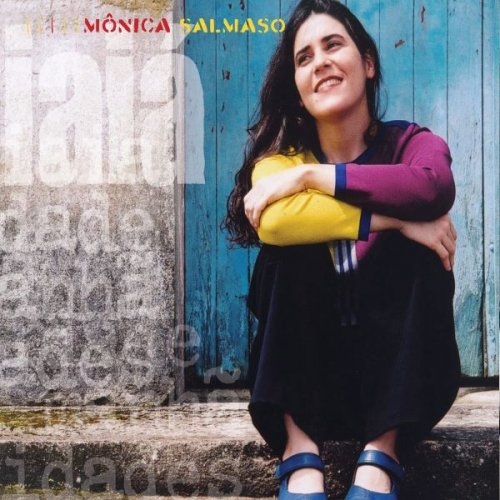John Coltrane - Blue World (2019) [CD-Rip]
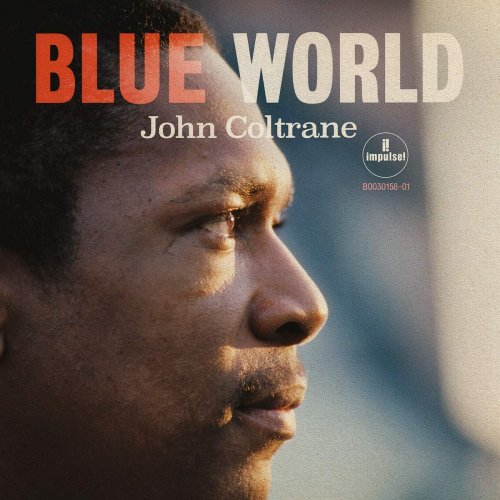
Artist: John Coltrane
Title: Blue World
Year Of Release: 2019
Label: Impulse! / Verve Label Group / UMe
Genre: Jazz
Quality: FLAC (tracks + .cue, log, booklet)
Total Time: 36:37
Total Size: 130 MB
WebSite: Album Preview
Tracklist:Title: Blue World
Year Of Release: 2019
Label: Impulse! / Verve Label Group / UMe
Genre: Jazz
Quality: FLAC (tracks + .cue, log, booklet)
Total Time: 36:37
Total Size: 130 MB
WebSite: Album Preview
01. Naima (Take 1) (04:36)
02. Village Blues (Take 2) (03:46)
03. Blue World (06:08)
04. Village Blues (Take 1) (03:48)
05. Village Blues (Take 3) (03:46)
06. Like Sonny (02:43)
07. Traneing In (07:38)
08. Naima (Take 2) (04:08)
Personnel:
John Coltrane, saxophone
McCoy Tyner, piano
Jimmy Garrison, double bass
Elvin Jones, drums
A year after the unprecedented release of the John Coltrane Quartet's Both Directions at Once: The Lost Album, fans get another gift from the vault. The backstory (detailed in the booklet) combined with the unique place it claims in his catalog (chronologically and aesthetically), make it a fascinating, historically significant addition to his discography. In 1964, between the recently completed Crescent, and six months before the start of the sessions for A Love Supreme, the John Coltrane Quartet cut the music on Blue World. This wasn't an album proper, but music to accompany Quebecois director Giles Groulx's then-unfinished debut feature film, Le Chat Dans lu Sac (it had been shot but was still in the editing stages; neither Coltrane nor his bandmates had seen it). The director, who lionized the saxophonist, reached out through a connection to his bassist Jimmy Garrison. The session was cut in a single day (June 24, 1964) at Rudy Van Gelder's New Jersey studio on quarter-inch tape. The director took the tape with him back to Canada, ultimately using only ten of the 37 minutes that appear here (which is available for streaming on the internet). As Coltrane historian Ashley Khan notes in his liner essay, this music has been hiding in plain sight ever since.
Musically, Blue World is unique. Its tracks offer then-newly recorded interpretations of material he'd issued earlier in his career and had already dropped from his live set, save for "Naima," two gorgeous takes bookend the album. Coltrane was always looking ahead, especially during this period of white-hot discovery. There are three takes of "Village Blues." The second, which appears first here, is the best of the three. Elvin Jones' forceful backbeats and breaks near the end of take two touch liberally on rhythm & blues, adding heft to Coltrane's relaxed but emotionally resonant playing. The title track, a cavernous modal blues re-conception of Harold Arlen's "Out of This World," was first cut by the saxophonist in 1962. This one is a bit over six minutes and includes remarkable drumming from Jones as well as a killer solo from McCoy Tyner. Coltrane's solo enters at full tilt, but trails off. Though brief, "Like Sonny" is as potent as it is on Coltrane Jazz, but deeper and bluer. This version of "Traneing In," cut with Red Garland's trio in 1957, has its first half dominated by a brilliant Garrison solo, followed by Tyner's deft interaction with modal hard bop and Jones hard-grooving response. When Coltrane enters, he's fully invested, viscerally pushing at the margins of the compositions changes.
While completely enjoyable, Blue World's true value perhaps lies in revealing the quartet encountering this older material with a fully developed musical character, and changing its shapes, accents, colors, and textures according to its own expressive signature. These versions differ (often significantly) from previously issued ones, making Blue World a necessary addendum to the recognized historical record to be sure. But just as importantly, it adds another very satisfying entry to the music libraries of Coltrane's legions of fans. ~ Thom Jurek
Musically, Blue World is unique. Its tracks offer then-newly recorded interpretations of material he'd issued earlier in his career and had already dropped from his live set, save for "Naima," two gorgeous takes bookend the album. Coltrane was always looking ahead, especially during this period of white-hot discovery. There are three takes of "Village Blues." The second, which appears first here, is the best of the three. Elvin Jones' forceful backbeats and breaks near the end of take two touch liberally on rhythm & blues, adding heft to Coltrane's relaxed but emotionally resonant playing. The title track, a cavernous modal blues re-conception of Harold Arlen's "Out of This World," was first cut by the saxophonist in 1962. This one is a bit over six minutes and includes remarkable drumming from Jones as well as a killer solo from McCoy Tyner. Coltrane's solo enters at full tilt, but trails off. Though brief, "Like Sonny" is as potent as it is on Coltrane Jazz, but deeper and bluer. This version of "Traneing In," cut with Red Garland's trio in 1957, has its first half dominated by a brilliant Garrison solo, followed by Tyner's deft interaction with modal hard bop and Jones hard-grooving response. When Coltrane enters, he's fully invested, viscerally pushing at the margins of the compositions changes.
While completely enjoyable, Blue World's true value perhaps lies in revealing the quartet encountering this older material with a fully developed musical character, and changing its shapes, accents, colors, and textures according to its own expressive signature. These versions differ (often significantly) from previously issued ones, making Blue World a necessary addendum to the recognized historical record to be sure. But just as importantly, it adds another very satisfying entry to the music libraries of Coltrane's legions of fans. ~ Thom Jurek
![Ex Novo Ensemble - OSVALDO COLUCCINO: Emblema (2018) [Hi-Res] Ex Novo Ensemble - OSVALDO COLUCCINO: Emblema (2018) [Hi-Res]](https://img.israbox.com/img/2026-02/22/ot6pocjri3hisq06iz4768yl5.jpg)
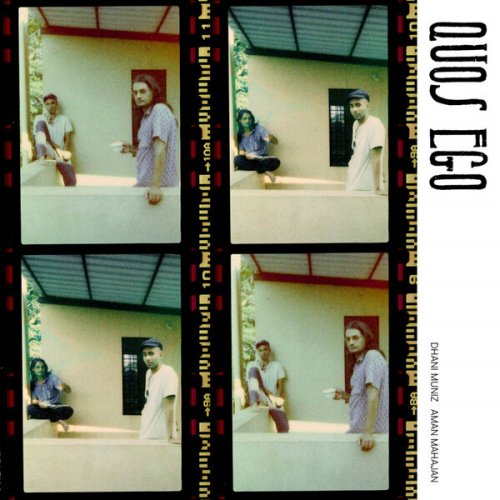
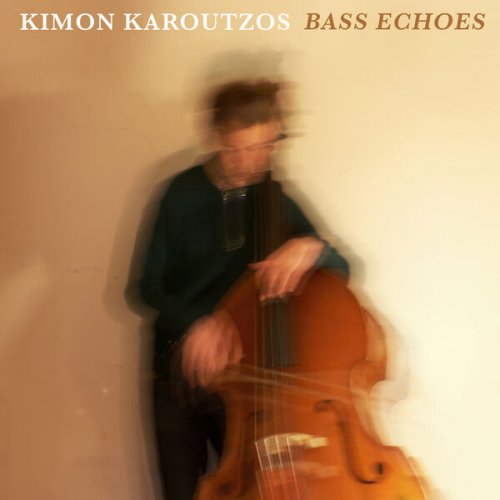
![Ragini Trio - 3 (2026) [Hi-Res] Ragini Trio - 3 (2026) [Hi-Res]](https://img.israbox.com/img/2026-02/19/uoki2dxo3dfz215xa2kz53gcp.jpg)
